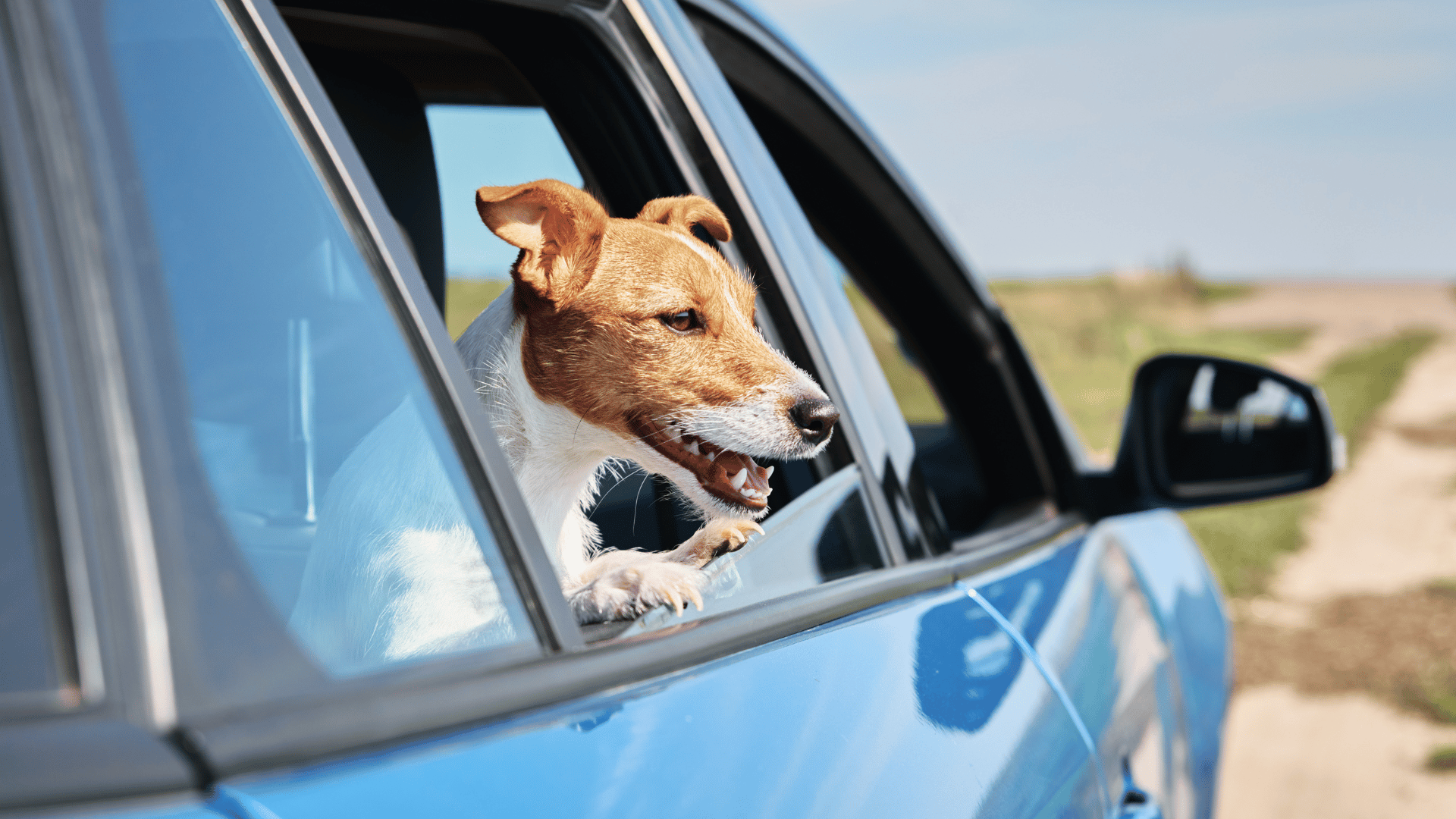For many of us, our dogs are more than just pets—they’re family. So when they’re along for a car ride, you prioritize their safety just as much as your partner and children.
Many pet owners overlook what kind of insurance coverage is available if their pet is injured during a car accident. Suppose you and your pet are traveling in your vehicle and involved in a car accident. You know that under your auto insurance policy, you have personal injury protection (PIP) to cover your immediate medical expenses. You also have medical insurance through your employer.
But what about your K-9 friend? Does your PIP coverage pay for veterinary bills? Will the BIL coverage from the other driver’s insurance cover veterinary bills? Well, the short answer is no.
While auto insurance covers vehicle damage and injuries to persons, the standard auto insurance policy does not apply to pets injured while riding in the vehicle. The good news, however, is there are ways to update your auto insurance to cover certain medical expenses for your pets.
In this post, we’ll walk you through how to ensure your doggo is covered while traveling.
Check Your Existing Auto Insurance Policy
Before making any changes, start by reviewing your current auto insurance policy. While most standard auto insurance policies don’t automatically cover pets, some are beginning to offer supplementary pet injury coverage as part of their standard coverage. If your existing policy does not include pet coverage, your insurance company may offer an add-on.
Look for Pet Injury Coverage as an Add-On
Pet injury coverage is typically packaged with Comprehensive Coverage when added to an auto insurance policy. Comprehensive coverage is generally not a state-law requirement for motorists to have with their insurance policy.
However, many individuals choose to add comprehensive coverage because it covers losses from theft, vandalism, windshield damage, and other damages related to extreme weather (storms, hail, floods, earthquakes, etc.). Many policies now cover your pets under the comprehensive add-on. The coverage generally includes veterinary bills, surgeries, medication, and sometimes rehabilitation costs.
Like other insurance coverages, the insurer will have a cap on the dollar amount of coverage. Some insurers may have limits on this coverage, such as a cap on the first $1,500 of veterinary expenses per incident. So, be sure to understand the maximum payout and whether it suits your needs.
If your insurer doesn’t offer this add-on with your comprehensive policy, it may be worth finding a different car insurance provider. Alternatively, you can obtain a separate pet insurance policy that covers medical care due to injuries sustained during an automobile accident.
Consider a Separate Pet Insurance Policy
If your auto insurance policy cannot include pet coverage, you may have to purchase a separate policy to cover your pets. Pet insurance generally covers a wide range of medical expenses & treatments for your dog, including injuries sustained in car accidents.
While this coverage isn’t directly tied to your auto insurance, it can help pay for veterinary bills and other medical costs regardless of how the injury occurs, whether from a motor vehicle accident or other non-vehicular accident.
When shopping for separate pet insurance, ensure the policy covers injuries sustained from a car accident while riding inside the vehicle. You don’t want to make the mistake of getting a policy that may only cover a circumstance where a car strikes your dog while he is running across the street.
Also, pay close attention to the deductibles, co-pays, and whether the insurance covers emergency care, surgeries, medications, and follow-up treatments. Many pet insurance policies are customizable, so you can choose a plan that works best for your pet and your budget.
Final Thoughts
Your dog is part of your family, and ensuring they’re covered in a car accident is an important part of keeping them safe. Adding pet insurance coverage lets you rest easy while traveling with them in your vehicle.


